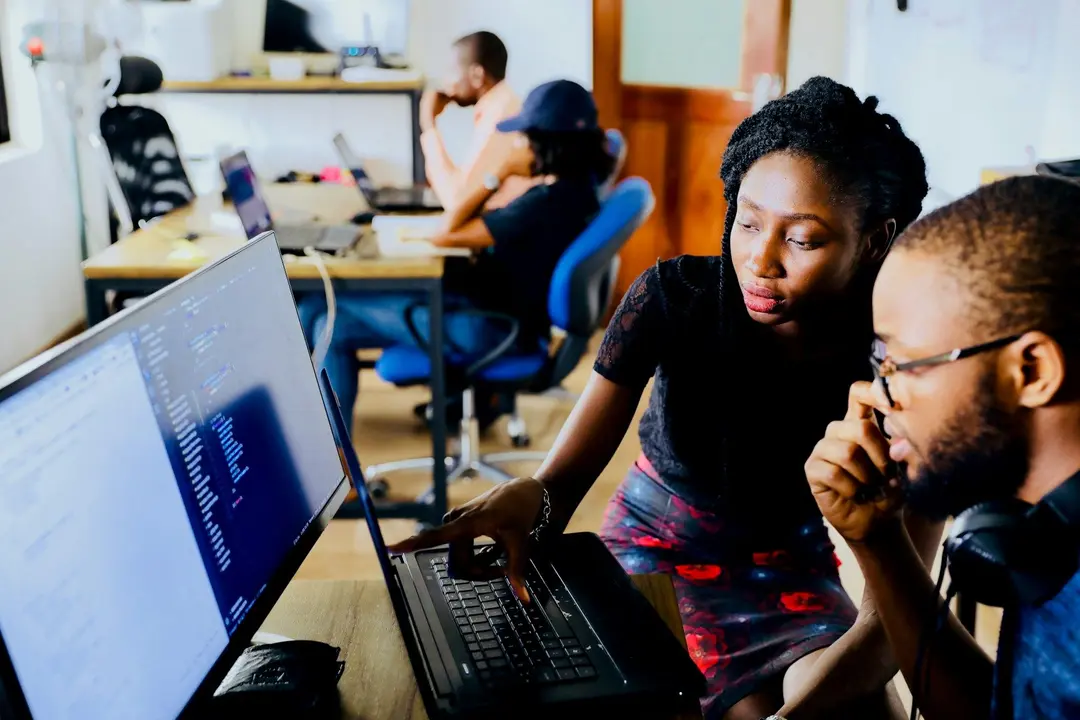
Workers at Tik Tok’s London offices and their union the Communication Workers Union (United Tech and Allied Workers (UTAW) branch) said TikTok’s recently announced redundancies are an act of “union-busting” that will put “millions of British users at risk”.
TikTok announced big job losses on 22nd August with a significant reduction of the platform’s vital moderation teams.
Hundreds of moderators and other Trust and Safety workers at the London-based offices have joined the CWU UTAW Branch. Activists and the CWU are engaged in building union membership and organising London TikTok workers and to seek formal union recognition.
Alongside concerns ranging from workplace stress to a lack of clarity over questions such as pay scales and office attendance policy, workers have also raised concerns over the quality of artificial intelligence (AI) in content moderation, believing such ‘alternatives’ to human work to be too vulnerable and ineffective to maintain TikTok user safety.
Commenting on the redundancies Communication Workers Union National Officer for Tech John Chadfield said: “This news will put TikTok’s millions of British users at risk.
“TikTok workers have long been sounding the alarm over the real-world costs of cutting human moderation teams in favour of hastily developed, immature AI alternatives.
“This has been a constant concern throughout the process of TikTok workers’ efforts to form a union.
“That TikTok management have announced these cuts just as the company’s workers are about to vote on having their union recognised stinks of union-busting and putting corporate greed over the safety of workers and the public.”
In late July this year Tik Tok workers in Berlin, members of the services, media and tech union ver.di took strike action to demand collective agreement an union rights and are faced with job losses among moderation and trust and safety staff .
ver.di says that by outsourcing content moderation, TikTok evades responsibility for fair pay, adequate psychological support and stable working conditions – further degrading already demanding work. Content moderators also emphasise that AI cannot handle culturally sensitive decisions, and human oversight is essential to a safe platform.
TikTok’s management had already spread misinformation within the company about German strike law and announced ‘one-on-one talks with employees’. ver.di had already denounced this as an attempt at intimidation. One employee who works outside of the moderation and trust and safety team but who took strike action was immediately locked out of all system access. This suspension has since been lifted but is to be made redundant.
“Out of a team of more than 30 employees, it is precisely the colleague who took part in the strike who is to be fired. This reeks to high heaven, and we find the alleged business justifications completely unconvincing. We call on TikTok to immediately refrain from the dismissal and finally enter into constructive negotiations with ver.di on the demanded social collective agreement,” says Kathlen Eggerling, the trade union secretary responsible for ver.di’s media sector in Berlin-Brandenburg.
Commenting on the developments in London and Berlin James Bowen, Branch Secretary of the Unite London Digital & Tech Branch which also organises digi-tech workers in companies such as Google and Microsoft others said: “AI is now a massive issue in all sectors of the UK economy. At the recent Unite Conference there were more motions on AI than any others subject. What is happening in Tik Tok in Germany reflects the shape of things to come. The ver.di union is right to demand a collective agreement. Content modertators are required to have knowledge of the country they are in – the language, the social situation, customs and understandings. They have to deal with violent, offensive, fake, racist and pornographic content. They are low paid and have precarious employment. To add insult to injury, the German workers apparently trained the AI systems which will replace them.”
